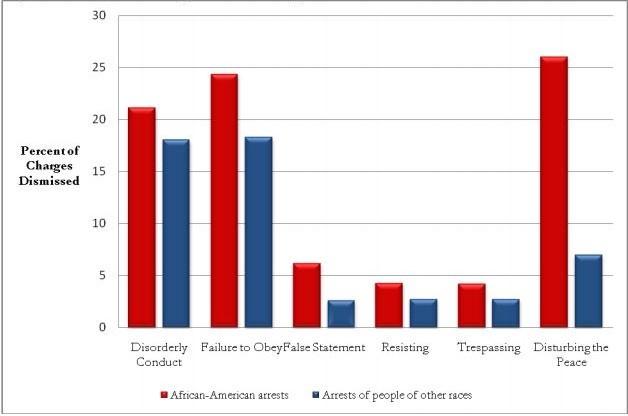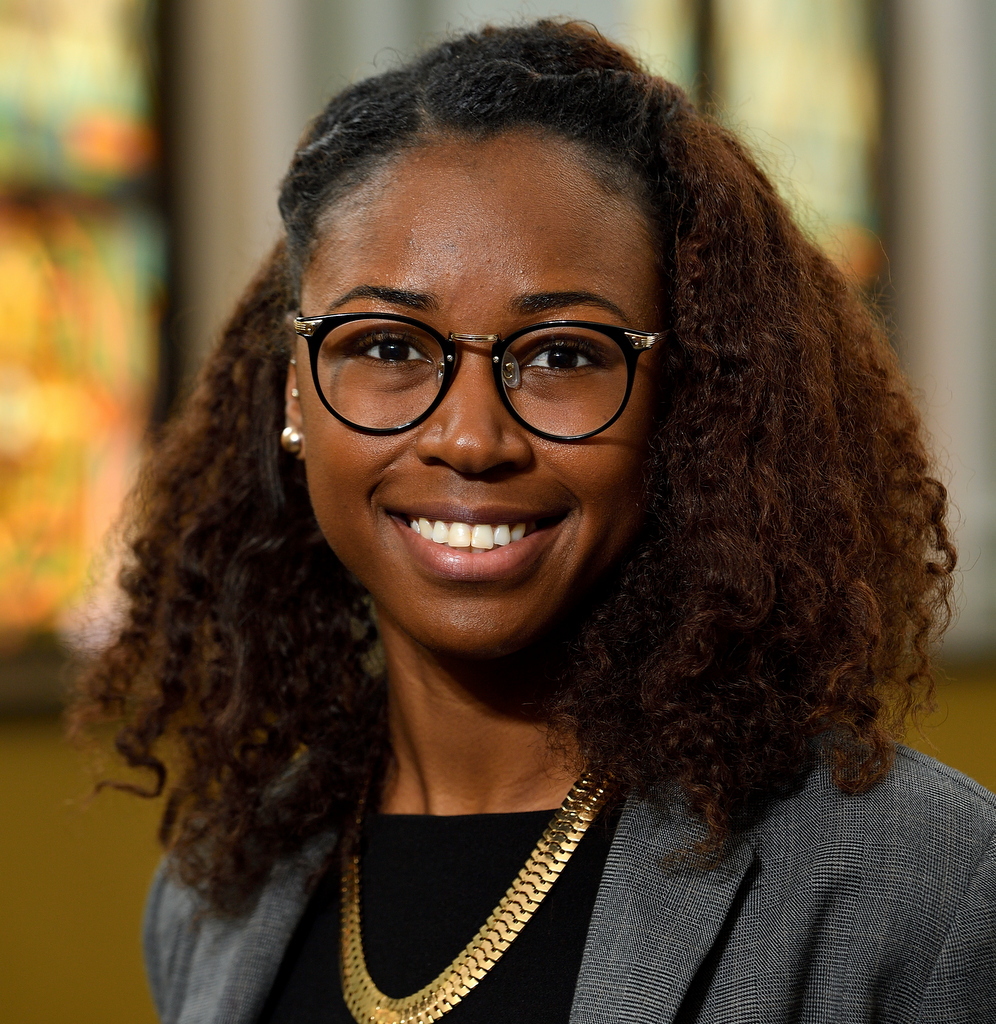[ad_1]
Submitted to the AFRO by Briana Bostic

Baltimore has seen, repeatedly, how the burden of structural racism and disinvestment leaves residents seeking opportunity where there is little, wanting an improved quality of life that remains elusive. The Maryland General Assembly must acknowledge that the burden of safety and the performance of security has the potential to adversely impact the lives of Baltimore’s most vulnerable citizens. The Maryland General Assembly must take action during this session, at most, to help vulnerable citizens of Baltimore and, at minimum, not to further the harm done by policies and policing that oversurveil low-income people of color. Security passes off the burden of surveillance unto “others,” without addressing the root cause: concentrated poverty found in neglected schools and neighborhoods has left residents across the city feeling unsafe. In order to begin to support education as a public good that contributes to public safety, for the sake of all, the Maryland General Assembly must take three actions during this session.
Action One: Pass HB1413/SB1030
Last year, the Kirwan Commission called for increased funding of $3.8 billion over 10 years to adequately fund Maryland schools, targeting early childhood education, teacher pay, and technical education programs among other recommendations. Establishing this bill to increase funding $1 billion over two years supports improving education quality in Baltimore schools, a structural barrier that upholds intergenerational poverty, unemployment, and housing insecurity. Funding for school is about more than textbooks, curriculum, and teachers; it’s about being able to provide holistic support for students.
Action Two: Do not pass HB1373/SB088
In the wake of the recent shooting of a staff member at Frederick Douglass High School, the city is considering arming school police officers. While it seems unlikely that this bill will pass, funding from HB1413/SB1030 could be allocated towards more counselors and mental health professionals to help students grapple with their trauma and the tragedies they don’t anticipate. Intensive policing of student behavior is an inappropriate response to a traumatic experience that could promote more suspensions and negatively impact school climate. As the adjacent figure indicates, African-American residents are disproportionately stopped by Baltimore City police for offenses “committed” at the discretion of arresting officers, only to be eventually released. Students should not have their actions so intensely scrutinized by authority figures when what they need is counseling and other structural mechanisms for social-emotional support to foster school safety.

Action Three: Do not pass HB1094/SB793
Johns Hopkins University is seeking to establish its own private police force. While the bill seems likely to pass before the House, it has seen considerable opposition from JHU students, workers, campus employees, and nearby residents. JHU, one of Baltimore’s largest employers, is known for its redevelopment efforts in East Baltimore and its ability to wield institutional power into political influence. UChicago, a university similarly situated amongst south side communities, provides an example of the unintended consequences of a private university police force. Private university police can be a conduit for racial profiling and bias incidents, lacking the public accountability and transparency of public police forces.
The question at hand remains: Who will the JHU police force protect and who will be further confined to spaces outside of its campus, by choice or force, following the establishment of a private police force? Will black faculty, students, campus employees and residents near JHU feel safe or surveilled? How will this negative consequence of discrimination policy play out any differently for residents near the campus than do their interactions with Baltimore City police?

Like many cities, Baltimore seeks to attract an educated workforce, entice developers, and lure employers. However, Baltimore owes a debt to a few key stakeholders: students attending Baltimore City Public Schools, the homeowners and renters in neighborhoods that receive diminishing funds for parks and increasing police surveillance, the countless Baltimoreans who find derision as they request dwindling health and community social services. Funding schools appropriately creates the opportunity for school safety to come in the form of rehabilitation and healing instead of policing students in spaces meant for nurturing. The Maryland General Assembly should prioritize policy efforts to reflect that the better way to foster safety in a city is to provide the means for residents to secure their futures.
Briana Bostic, PhD Student at Johns Hopkins University School of Education.
The opinions on this page are those of the writers and not necessarily those of the AFRO.
Send letters to The Afro-American • 1531 S. Edgewood St. Baltimore, MD 21227 or fax to 1-877-570-9297 or e-mail to [email protected]
[ad_2]
Source link

